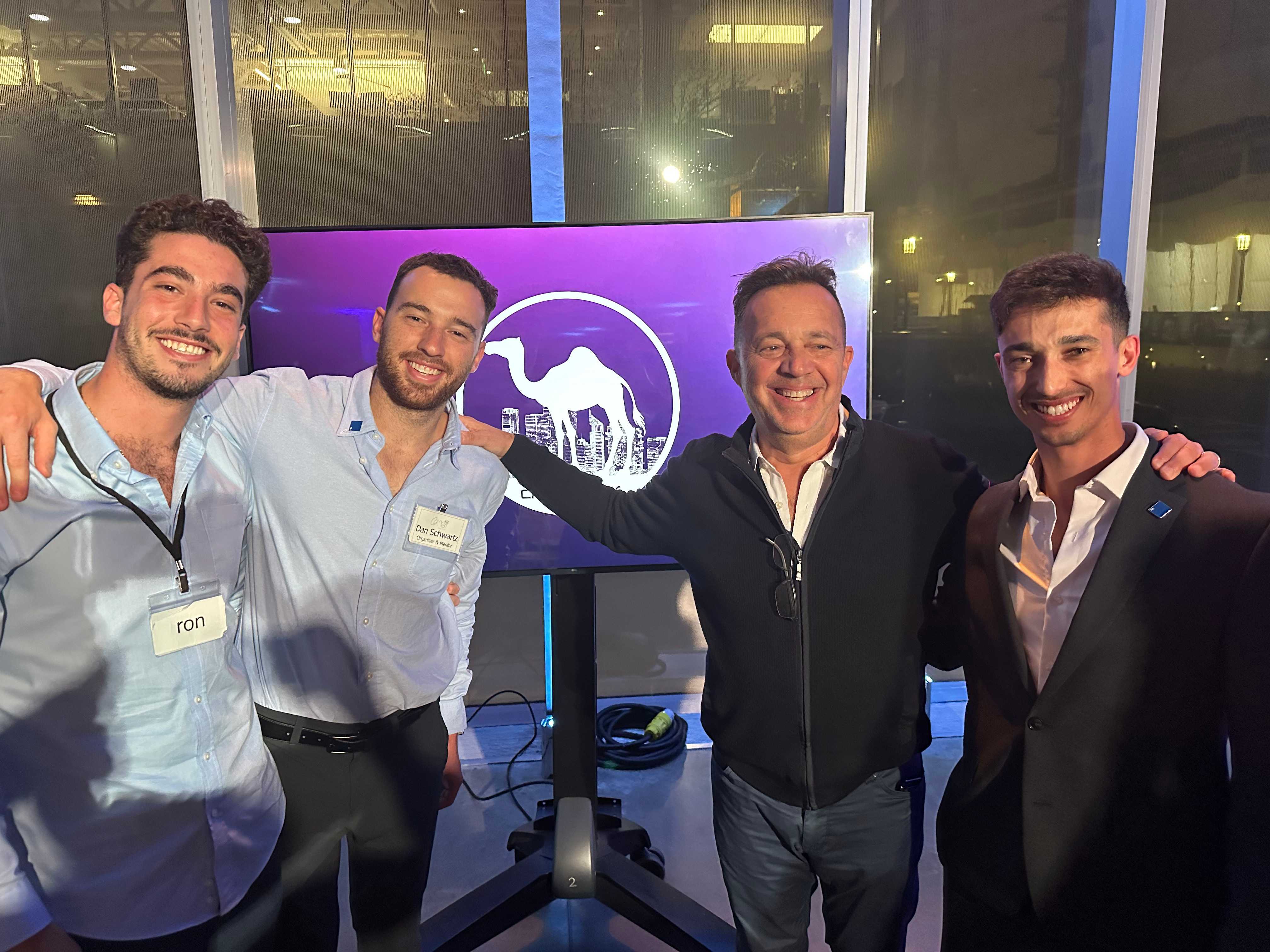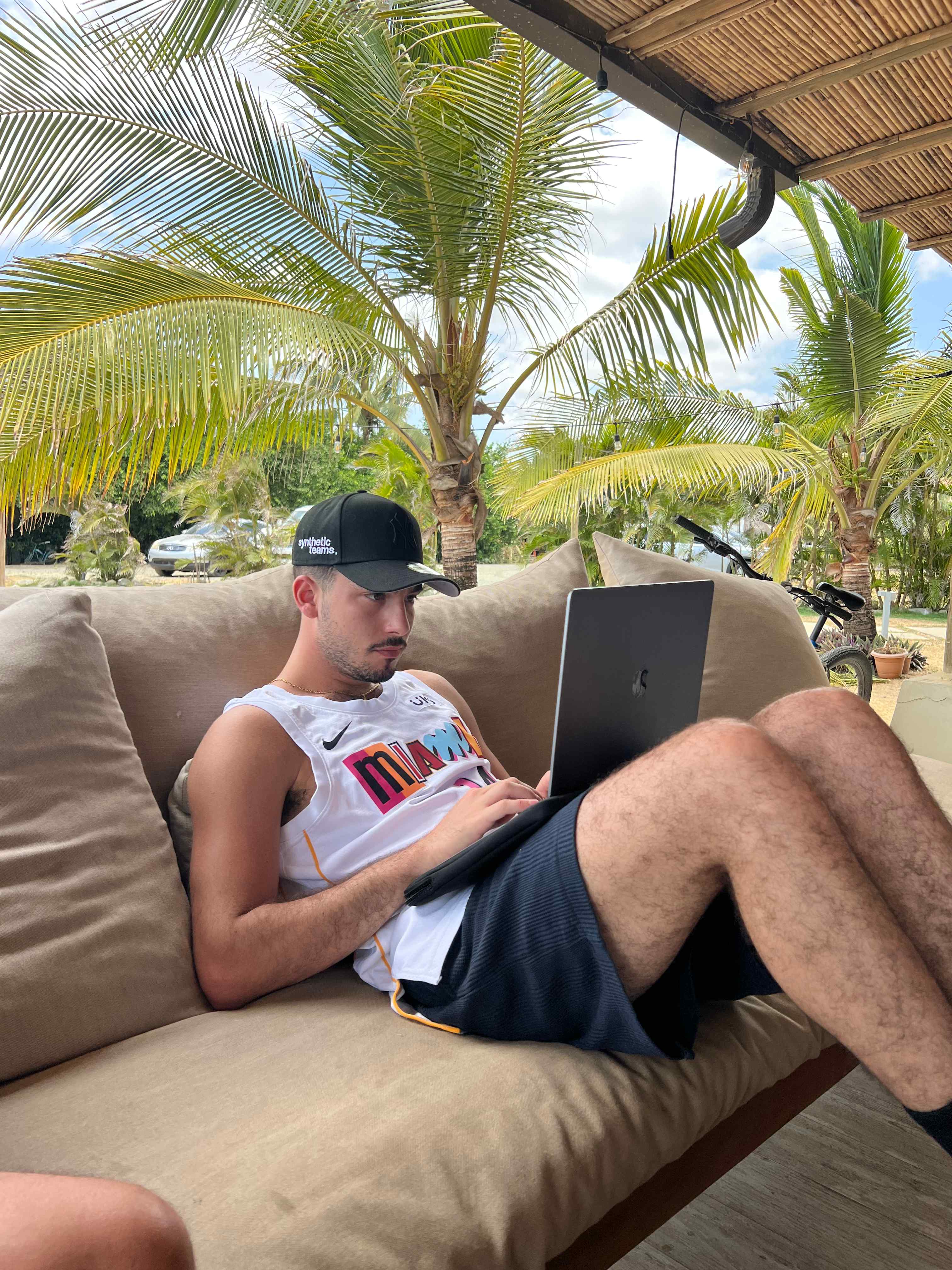Code Chutzpah and CamelHack: 36 Hours at the Harvard MIT Frontline
April 29, 2025

CamelHack wasn't your average hackathon. For one wild weekend, we flew 20 elite minds from Israel's top intelligence units into Cambridge and dropped them straight into the heart of innovation. Partnering with brilliant students from Harvard and MIT, they formed hybrid strike teams that built companies across cyber, healthcare, and education all in just 36 hours.
Fueled by caffeine, late night tacos, and pure Israeli chutzpah, teams vibecoded nonstop, pushing boundaries and breaking sleep. It wasn't just a hackathon. It was a pressure cooker of talent, creativity, and ambition where the startup dreams of tomorrow were born overnight.
The energy was electric from the moment we kicked off. Former intelligence officers with years of experience solving complex problems under pressure teamed up with Ivy League students bringing fresh perspectives and cutting-edge academic knowledge. This collision of worlds created a unique environment where conventional thinking was left at the door.
One team developed an AI-powered cybersecurity solution that could detect and respond to threats in real-time, leveraging techniques previously only used in classified settings. Another created a healthcare platform that could predict patient deterioration hours before traditional monitoring systems, potentially saving countless lives.
What made CamelHack special wasn't just the technical achievements, but the cross-cultural exchange. Israeli participants brought their direct, solution-oriented approach—the famous "chutzpah" that cuts through bureaucracy and finds creative paths forward. Meanwhile, the Harvard and MIT students contributed methodical thinking and academic rigor that helped refine these bold ideas.
By the final presentations, bleary-eyed but buzzing with excitement, we witnessed not just prototypes but fully-formed startup concepts with clear paths to market. Several teams have already secured initial funding to continue developing their projects.
The success of CamelHack proves that when you bring together diverse perspectives, add time pressure, and create the right environment for collaboration, innovation accelerates exponentially. It's a model we plan to expand to other universities and countries, creating a global network of innovation hubs that leverage the unique strengths of different tech ecosystems.
As I look back on those intense 36 hours, I'm reminded that the best innovations often happen at the intersection of different worlds. By bridging the gap between Israel's startup nation mentality and America's academic powerhouses, we've created something truly special—a blueprint for how international innovation collaboration can work in our increasingly connected world.

